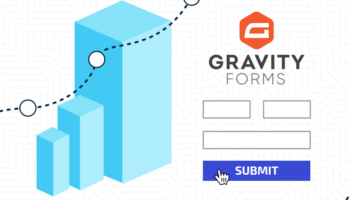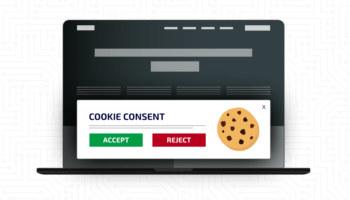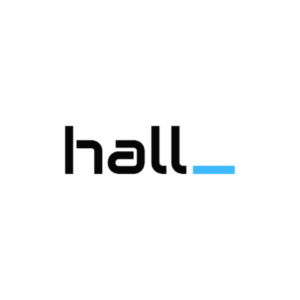Sticker shock is sometimes the biggest hurdle to overcome when considering Paid Search Marketing as an option for your service or product. One of the important, if not most important things to consider before you begin a Paid Search Campaign is the budget. Your budget sets the tone for your entire campaign. With more traditional marketing strategies like Search Engine Optimization (SEO) considered to be the norm, people often have trouble understanding the concept of paying for traffic. However, SEO is not free and there is a cost associated with time, research, and work implemented. The results are also typically realized over time and there is no guarantee of success.
Determining Your Budget
Campaign budget, like most facets of a PPC campaign, is most heavily influenced by the keywords you decide to target. During the keyword research and segmentation process that we previously discussed you will have collected a lot of data about individual keywords. The crucial piece of data for this step is the average CPC or Cost Per Click. If the keywords you have chosen generally cost several dollars per click and the search volumes for them are high your budget will be substantially higher than if they only cost a few cents per click.
High average CPC is not always a bad thing. The other important information you need before determining a budget for your campaign is to know how much a conversion, whether it’s an order for a product or a request for more information or an email newsletter sign-up, is truly worth to you. If you sell expensive products or services with great margins you can afford to spend more per click than if your products are cheap.
The most important thing to remember is to not sell yourself short. Spend enough money to really find out if PPC marketing is going to work for you. It’s better to spend your entire marketing budget in a short period of time on a well constructed campaign than to try and stretch out a poorly setup campaign over an entire year.
Burst Spend
This approach involves spending most or all of your budget within a short and specific period of time. It is an especially useful strategy for seasonal businesses or subscription based services – the sooner a user subscribes the sooner they start generating revenue for your business.
Pros
- more conversions in a shorter period of time
- immediate results
- better ad positions on average
Cons
- can be more expensive
- more difficult to increase quality scores
- greater risk if campaign is poorly targeted or timing is off
Duration Marketing
Using this strategy involves spreading the entire budget out over a longer period of time. This approach is most often used with product-based businesses to more easily meet demands. Duration marketing is also highly effective as a branding tool due to the increased coverage.
Pros
- better quality scores over time
- cheaper in the long term
- great branding effectiveness
- longer period for testing and optimizing the campaign
Cons
- slower overall results
- lower ad positions
Regardless of the approach you choose just remember this:
Keywords are important. The words you have chosen to target will have the greatest impact on your overall budget.
Don’t sell yourself short. If you have decided to give PPC marketing a real shot it is crucial that your budget be high enough to get a real sense of how effective this channel can be for you.
Know what a conversion is worth to your business. If you don’t have a good sense of how much you make on every sale it will be very hard to evaluate your PPC campaign.
Join us next time when we’ll be covering how to track and monitor your campaign’s performance.





